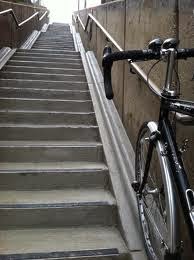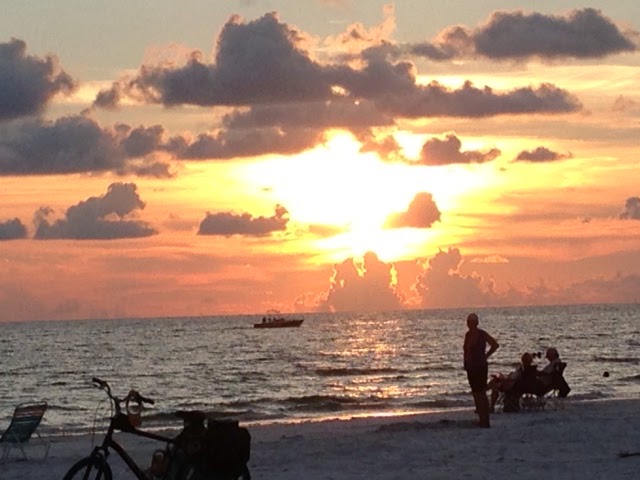Thinking of Scotland
For me it means solo travel (my first), discovering the charms of Inverness and Edinburgh, the endless depths of Loch Ness; the panorama of earth and sky and bare, dark hills leading up to Ben Nevis. I took the West Highland line to Mallaig, and watched the ferries scuttling off for the Isle of Skye. I felt like I was at the roof of the continent, on top of the world — and, in more ways than one, I was.
So this morning, when I learned that Scotland voted no to independence, I was excited. I know little of the politics and the frustration — mine is an admittedly romantic view of this misty, feisty nation.
But I’m glad it will keep its ties to the United Kingdom, glad it will not become another casualty in this strange new world.



